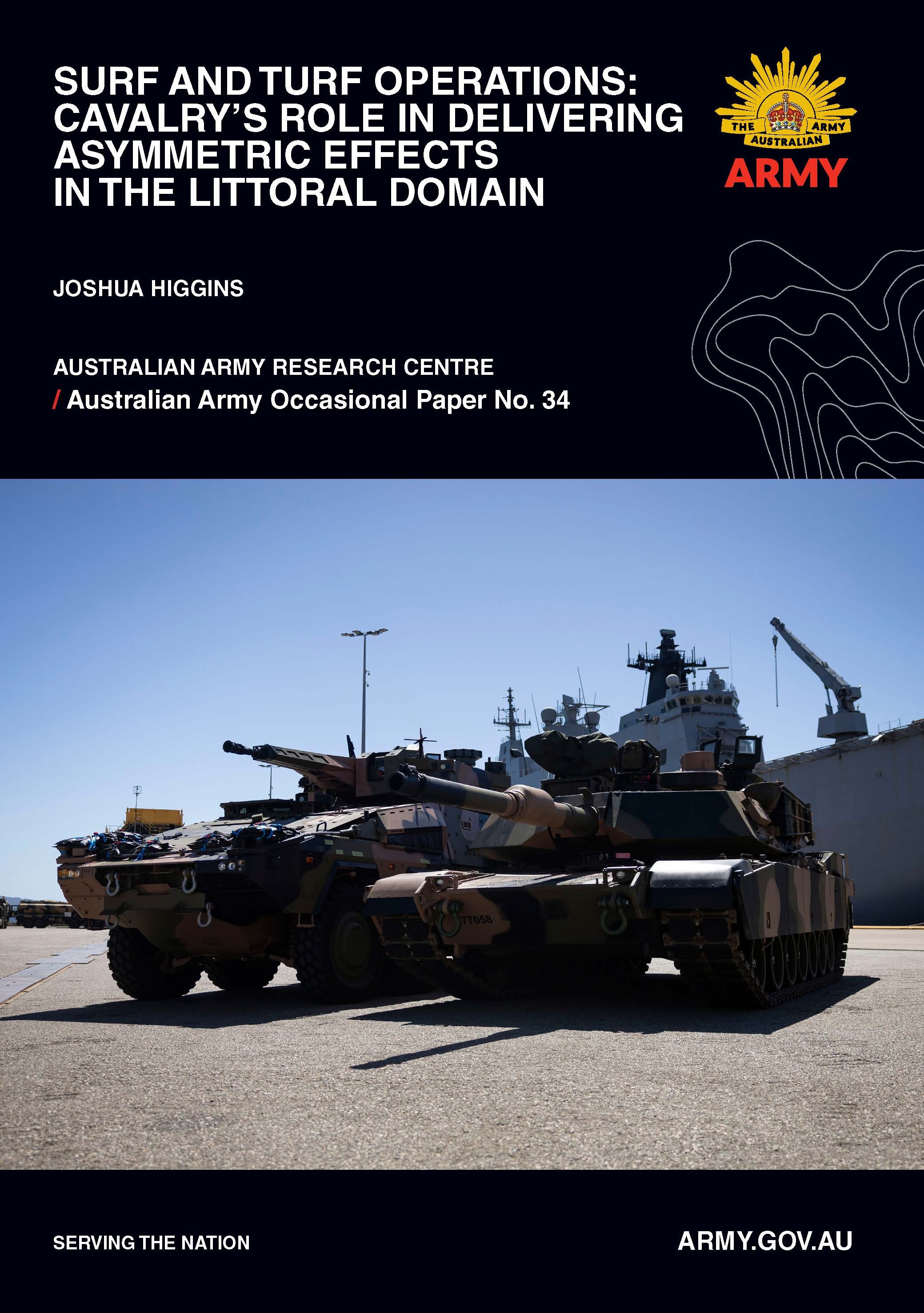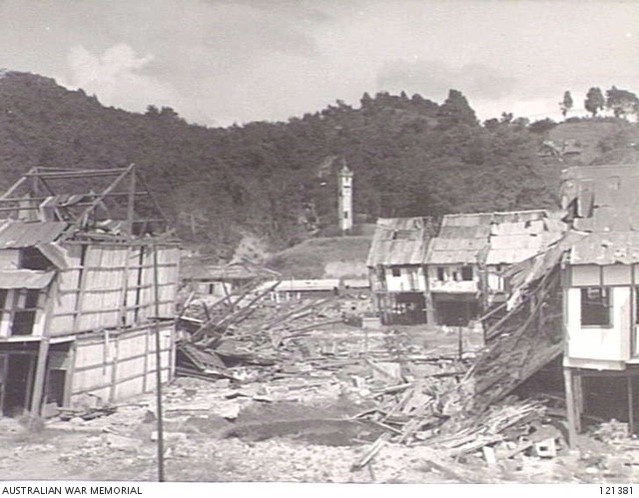The Army continues to hold a special place in the hearts of Australians through sacrifice and long service to this nation. Although times and technologies have changed, the fundamental mission of the Australian Army endures: it is to win the land battle in order to defeat our enemies and safeguard the interests of the nation and the lives of our people.
To carry out these operations effectively, the Army must be multi-skilled, flexible, adaptable, well trained and doctrinally prepared. Our skills must be second to none. As a small force we need to be smarter than our potential enemies. Because of the diversity of threats we face, and their ability to evolve rapidly, we need to prepare ourselves to learn quickly ‘on-the-job’. Our ability to adapt to changing circumstances more quickly than our enemies is a key factor in continuing operational success. To do this we rely on each soldier being committed to continuous self-development. As well as the efforts of individuals, the adaptability of the Army can be supported by good doctrine.
The Army must view doctrine as a journey rather than a destination. Since the first edition in 1977, published as The Fundamentals of Land Force Operations (Provisional), the Australian Army has sought to evolve its capstone warfighting doctrine to take into account changes in international affairs, technology, Government policy and changes in the character of Australian society more generally. In this context, The Fundamentals of Land Power does not represent a discontinuity in thought. It represents another step in Army’s doctrinal journey, and one that builds on the knowledge of our historical experience and analysis of contemporary challenges to ensure the Army remains effective, adaptable and relevant.
The 2014 edition of Land Warfare Doctrine 1: The Fundamentals of Land Power provides the Australian Army with the philosophical guidance for achieving its mission of winning the land battle and thriving in the chaos of the 21st Century. It draws on the feats of our predecessors, but it also is unambiguously forward-looking. This publication represents ‘world’s best practice’ in strategic thinking about land power. It provides relevant doctrine for the conduct of land operations - as part of our maritime strategy - in partnership with the Navy and Air Force, other government agencies, friends and allies. The Army’s land forces must have a strategic and expeditionary mindset, be tactically agile, protected, networked and trained and educated to manoeuvre in the contemporary environment. Above all else, the Army must possess the superior leadership and skills that are best guarantors of battle success.
Our doctrine is founded on the hard won battle experience of our Army over a century. This capstone doctrine must be studied and understood by all ranks. Equally, it must be examined and debated beyond the Department of Defence. Through such debate, Army can increase its intellectual capital and better position itself to promote and protect Australia's interests, deter threats to her sovereignty and, if necessary, defeat them. I commend this publication to you with the intent that it will generate a broad discussion on the utility of land power.
D.L. Morrison
Lieutenant General
Chief of Army


